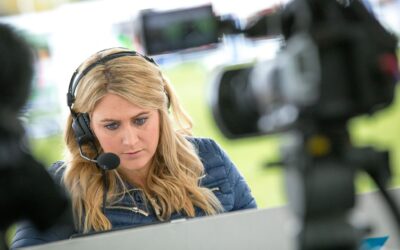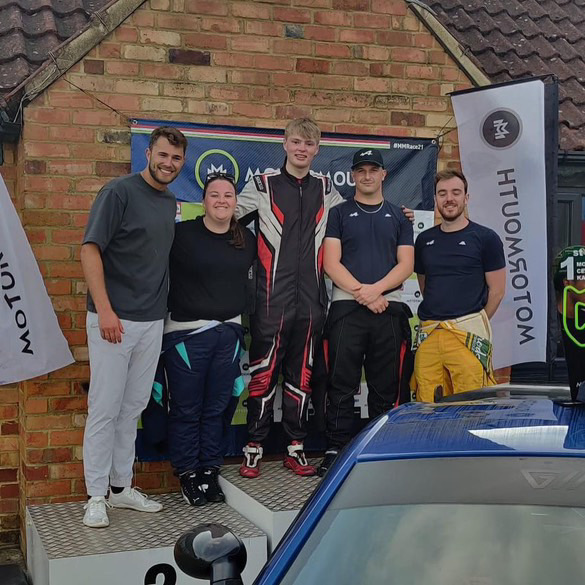Anyone can talk about sport for an hour, right? Wrong. Gaz Drinkwater, presenter of BBC Radio Manchester’s Total Sport, explains the work that goes into covering all the action from one of the UK’s biggest sporting hubs.
What does a day in your life look like?
Focusing specifically on my BBC work, usually it’s keeping across all the sports stories, putting any sports ideas for the show into a Teams chat. Then I’d get into the office for around three o’clock.
That gives us about three hours preparing for the show, making sure we’ve got some sort of structure in place, but also leaving a bit of wiggle room in case there’s going to be any breaking news before or when we are on air. Then we’re live from 6 til 7pm!
You have an hour to fill every night from Monday to Friday – how do you put together the show?
Of course, with sport it’s ongoing all the time, so in many ways you’re always keeping an eye on what sports stories are around – I’m interested anyway, so I’m keeping across all the stories throughout the day and evening. We’ll send each other ideas and stories that have come up and how we can potentially cover them.
For certain stories – let’s say the Manchester City charges or Manchester United’s financial problems – we’ll often look at an expert for that, because we’re sports fans, we’re not necessarily financial experts, so we’d get someone who is an expert in that field to come on.
The main bulk of our show is fans. In the modern world, people are less likely to call into phone-in shows, so the best way to encourage engagement is to have a bank of fans who are willing to come on and willing to chat. We set a few of them up before the show, get them on the show, and then usually that will drive interaction and other people will call in and text in.
Obviously there’s yourself and your co-presenter Emily Brobyn – but how many people work on putting together the show?
Throughout the day, the whole sports team puts stories in. The station has sports bulletins throughout the afternoon and throughout the morning, so there’ll be a lot in place already. But if there’s a specific idea for the show, then that will be planned throughout the day.
It’s quite a big team that works on it – the whole sports team will give a little bit towards it. But during our working hours from about 3pm until 7pm, it’s usually just three people who will take the main bulk of it. We have a producer, and then we have myself and Emily as the two presenters, who also produce little bits and put little bits together in preparation for the show.
🎧 It's another busy night on Total Sport…
— BBC Sport Manchester (@BBCRMsport) April 24, 2025
📻 @BBCRadioManc
🕕 6PM
🗣️ @Radio_Gaz
🗣️ @kippaxgirlemily
📱 Listen live: https://t.co/1Nh3TqpLaw#ManCity #stockportcounty #SalfordCity #bbcfootball pic.twitter.com/w6YksBBiwg
🥲'I've seen us beat United here, I've seen us beat City here. I've been on some great away days. But Sunday topped the lot.'
— BBC Sport Manchester (@BBCRMsport) June 3, 2025
🙏Oldham fans welcome home their heroes.#OAFC
You’re usually recording in the studio, but you do have special ‘on-the-road’ shows… how do those work?
The most important thing is how we are actually going to broadcast. We have a BBC-branded vehicle which lets you broadcast from any area. It’s got the equipment in the back and obviously a satellite on the top. However, there are other ways of doing it. You can connect via ISDN through an ISDN box if that’s available, and there’s a live communication kit as well, which is just basically a box, which you can broadcast from using the internet.
If there’s a specific idea for the show, then that will be planned throughout the day. For example, Oldham just sealed promotion back to the EFL at Wembley – so on Monday we went down to the parade. We weren’t planning on doing that in the morning – it was organised by our morning sports producer. Then the evening producer, who is the specific producer for our show, got everything in place so we could broadcast from there. We interviewed managers, players, and fans down there.
We interviewed fans via our phones and sent that back to base where it can be cut up and played throughout the show.
Obviously, there are safety precautions that we need to bear in mind as well, particularly when we’re broadcasting from places like, for example, pubs. That’s a great way to chat to fans who are passionate. We will usually go and scope those out beforehand and make sure we know where we’re going to be broadcasting from and just know that we’re going to be safe and sound.
Your job involves talking to a lot of sports fans live on air… how do you handle it if a caller goes off the rails?
It’s one of those things, you can’t help what fans are going to say! Sport is so emotive. Let’s take an example. Criticism is all well and good and we’re in sport – we all have criticisms for either our teams or other teams – but there is a line when it can become libel, for example. We need to be totally across that. When someone says something which is maybe unfounded, we will have to give the other side. Obviously, if it was something so outrageous, so egregious, then we’d have to cut that caller off!
People panic a lot over, for example, people swearing. If a caller comes on and accidentally says a swear word… if it just slips out, we can just apologise and keep them on the line.
Total Sport is live on BBC Radio Manchester from 6-7pm Monday to Friday.
Sidelines Recommends
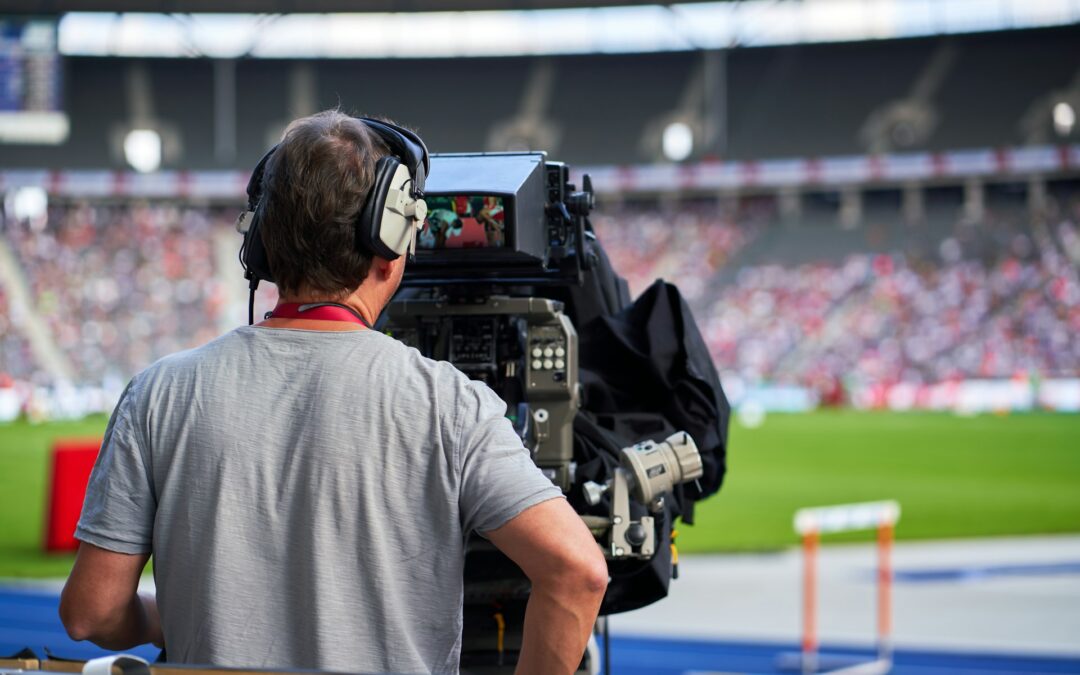
New era for Women’s Champions League as competition moves to Disney+
As Lisbon prepares to host the UEFA Women’s Champions League final between Arsenal and Barcelona, Sidelines spoke to broadcaster Kate Mason about the role of media in the competition’s future. Disney+ has since been announced as the new rightsholders ahead of the…
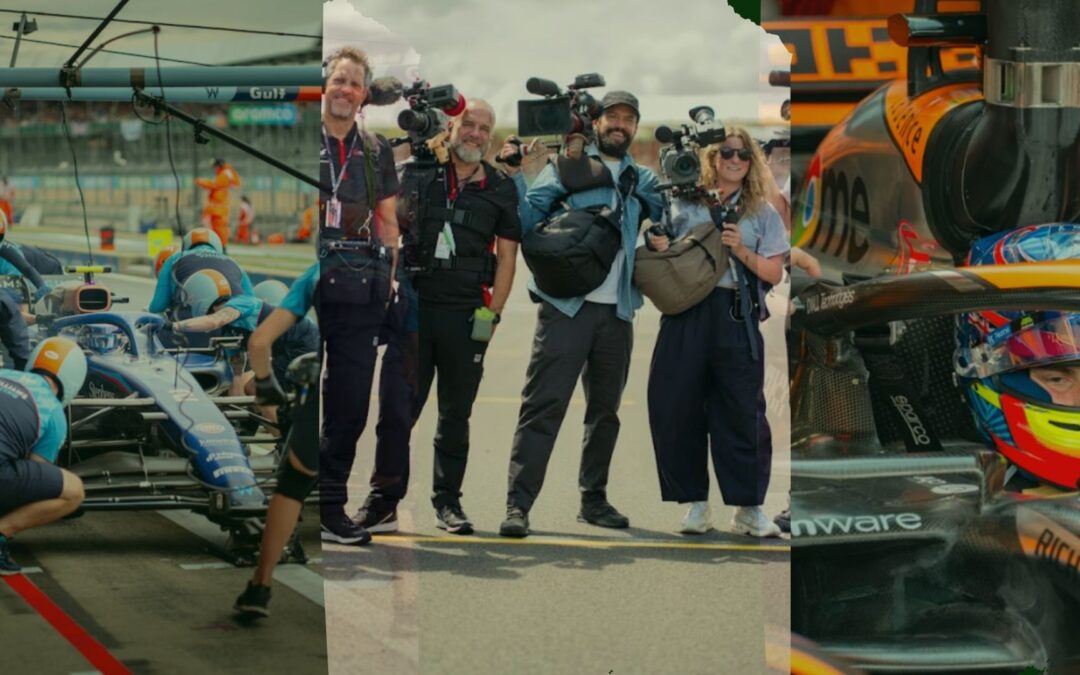
The Oscar winner behind sport’s biggest documentaries
Sidelines speaks to film producer James Gay-Rees, the man at the forefront of the sports documentary revolution.
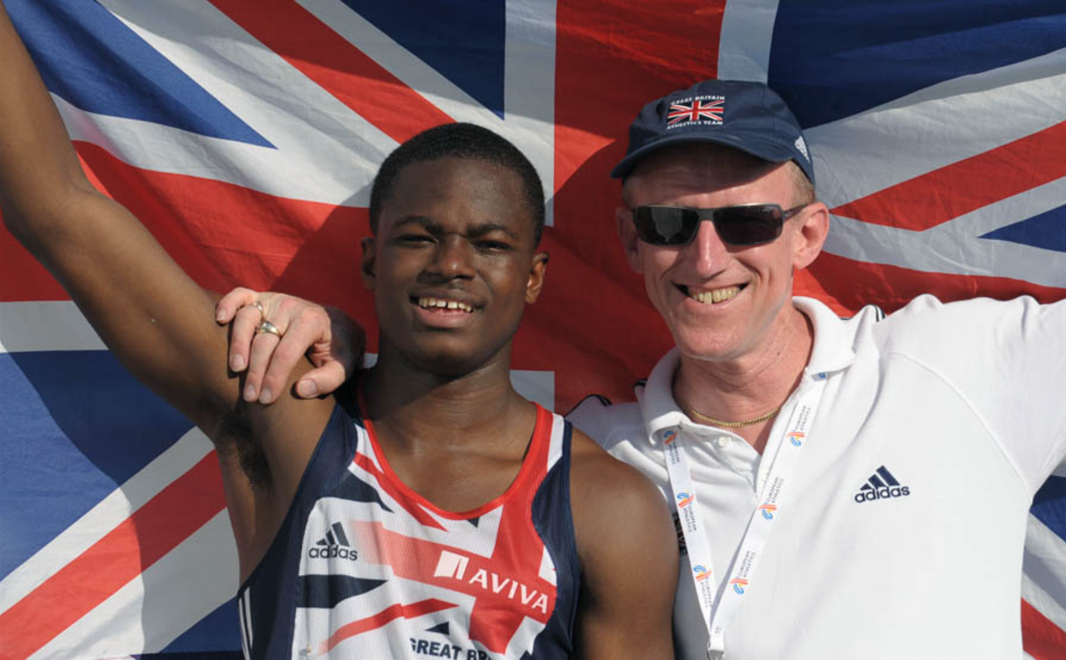
“I was given four to six months to live”: athletics coach John Powell’s story
Whether it’s shaping future Olympians or them helping save his life, athletics coach John Powell MBE proves coaching doesn’t stop at the finish line.

